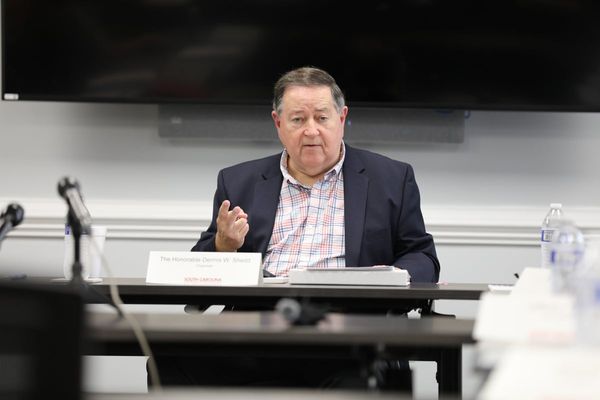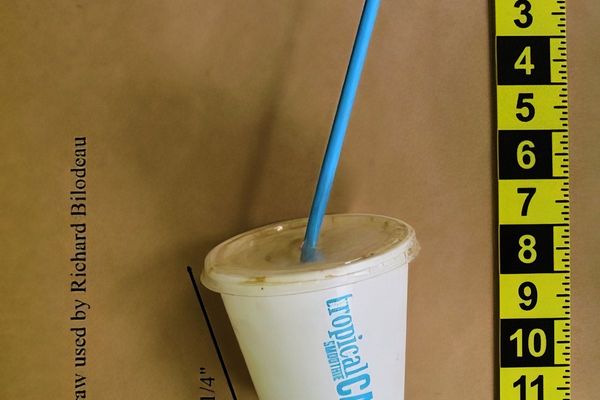
Victoria’s premier, Daniel Andrews, has admitted that he omitted to tell King Charles that his pick for the state’s new governor is a self-confessed republican.
Andrews on Monday announced that Prof Margaret Gardner, now the vice-chancellor of Monash University, will become the 30th governor of Victoria after Linda Dessau’s term ends on 30 June. She has vowed to work hard to uphold the constitutional responsibilities of the position.
The premier said he had written to Buckingham Palace to recommend Gardner’s appointment after meeting with her last month. The king accepted his recommendation on 30 May.
“I was pleased and proud to nominate to the king Margaret as the 30th governor – just the second woman to hold that role – given her considerable experience, her background, her values and her passionate commitment to our state,” Andrews told reporters.
Gardner thanked the premier for the opportunity and said she recognised Australia’s constitutional monarchy.
“I’m a republican personally, though, I recognise that we are living currently in a constitutional monarchy and we will do so until such time as the people to decide otherwise,” she said.
Gardner said the role of a governor had significantly changed since it was first conceived.
“The governor is not subject to enact, follow the advice or [is] subject to the veto of the king,” she said. “So even our roles of government are different now from when we were first a constitutional monarchy.
“That shows that Australia … can change and may change the way that these roles are understood in future. I’m here to serve the role as it is now in the terms of the constitution that we have now and as I said, I will do my very best.”
Andrews said he had not told King Charles about Gardner’s views, having sought assurances from her that they were not “incompatible with fulfilling the role”.
“Clearly she made a judgment that they are not,” he said. “So, no, I didn’t necessarily broadcast that fact.
“There are many different views, many different opinions, but we have constitutional arrangements and we have to choose the very best person at this time.
“Now, when and if those constitutional arrangements change, that might be for somebody else to determine who the head of state is, as it were.”
When he appointed Dessau to the position in 2015, he said, he had been asked similar questions about whether she would be the last Victorian governor before Australians voted to become a republic – but things “haven’t changed”.
“The referendum that I am focused on is not one that might happen in relation to our constitutional monarchy – the referendum that I’m focused on is people voting yes in the upcoming poll,” Andrews said, referring to the ballot for an Indigenous voice to parliament.
Craig Foster, a co-chair of the Australian Republic Movement, said such an appointment “makes perfect sense”.
“The appointment of an avowed republican to any position in public or private life is perfectly regular and natural, given that the vast majority of us support the full and final independence of our own country,” he said.
“That a state governor is a proud and public advocate for Australians to inherit our own country hardly merits a blink today.”
Gardner has held her position at Monash since 2014 and was previously vice-chancellor of RMIT university for nine years.
She chaired the Group of Eight Universities, where she remains a director, and has served on the board of Infrastructure Victoria, Museums Victoria and the Australia and New Zealand School of Government.
Her husband, Glyn Davis, is the secretary of the Department of Prime Minister and Cabinet.
Gardner said she expected her husband to play a supportive role while remaining in his position.
Andrews said much like other “modern” couples, the duo have their careers and saw no reason for them to pose an issue.
Gardner will begin in her five-year term as governor on 9 August.







